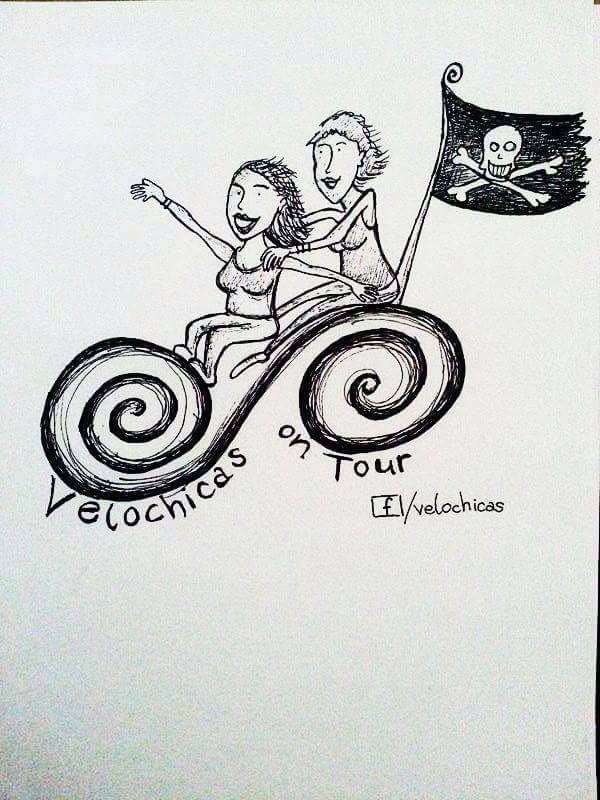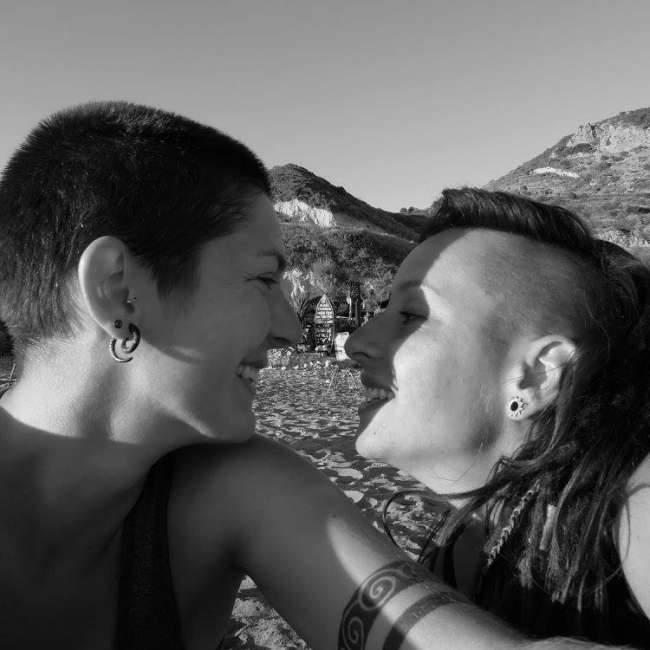The Amazon of Bolivia and the adventures with Capi our captain
Publikováno: 27.06.2017
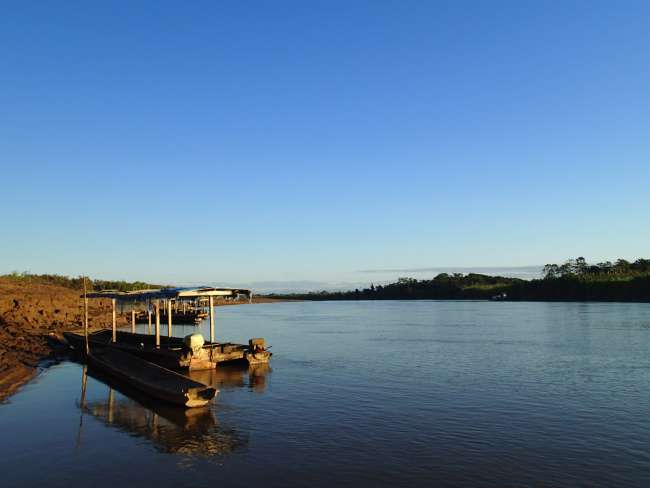
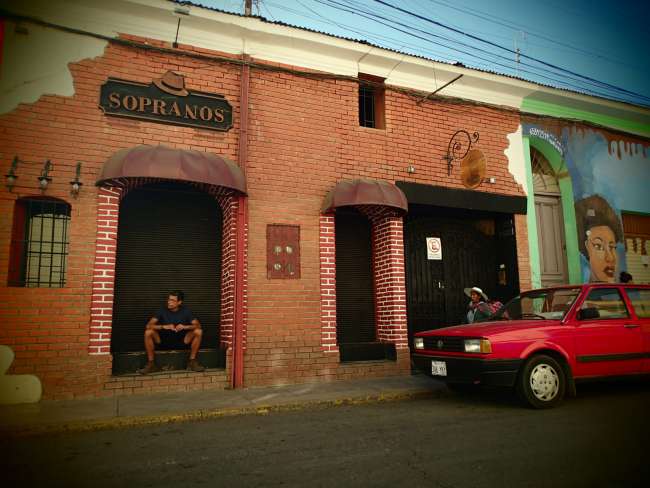
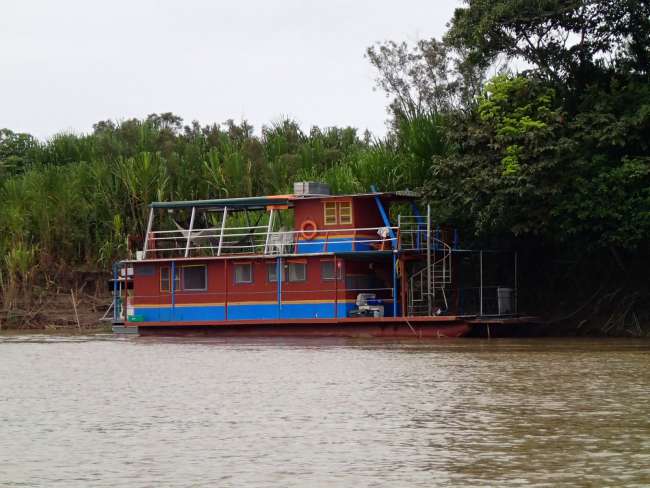
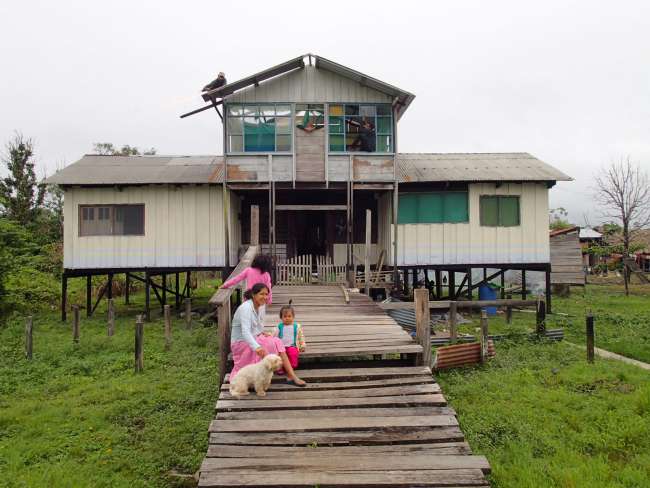
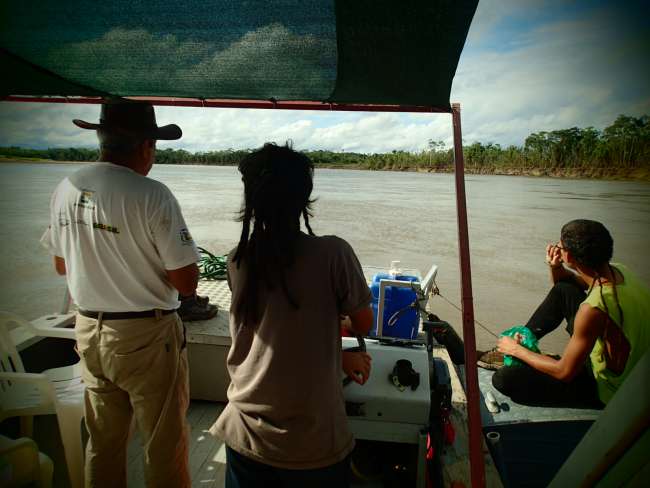
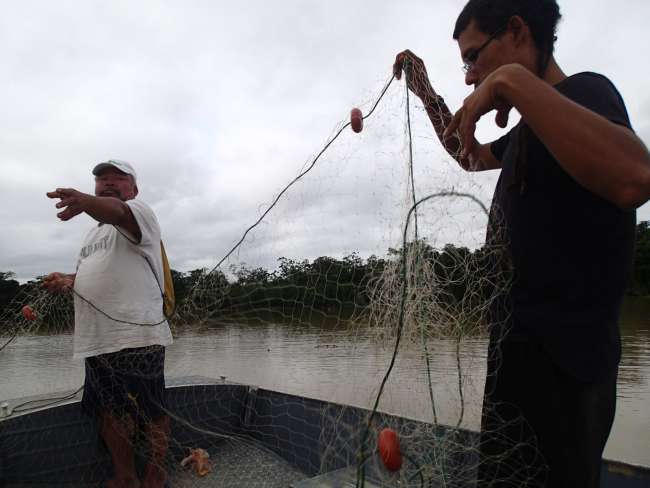
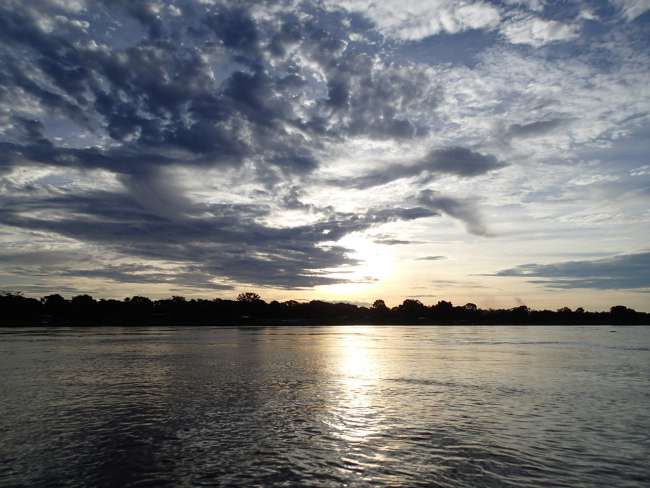
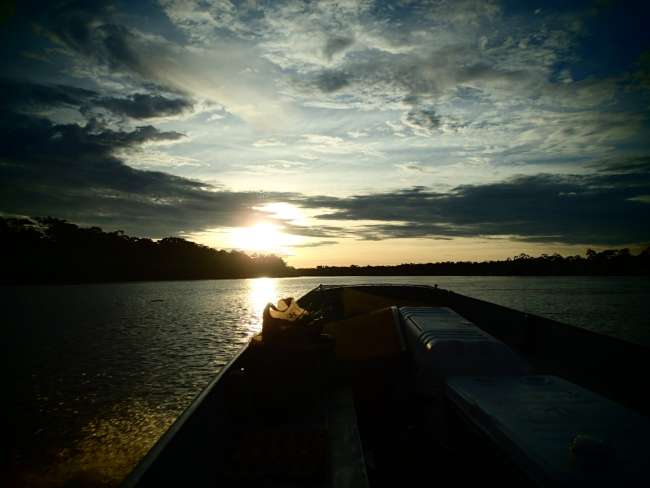
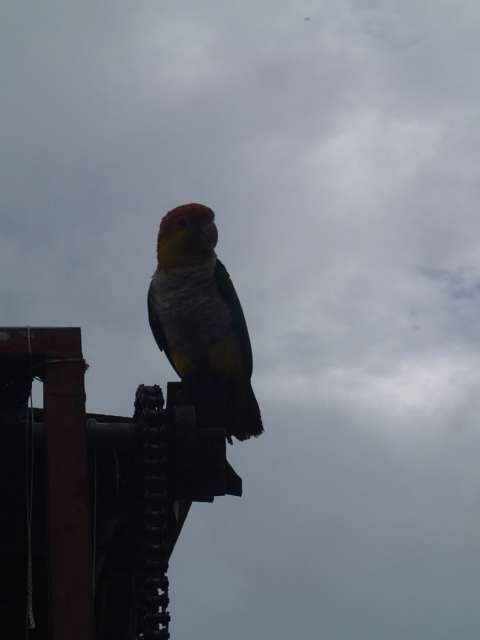
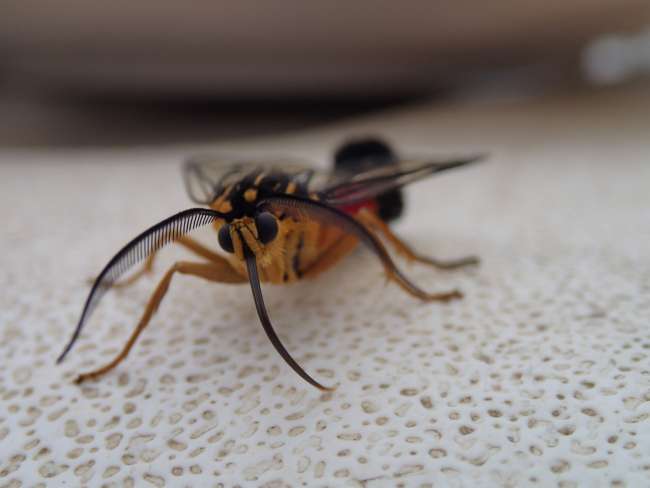
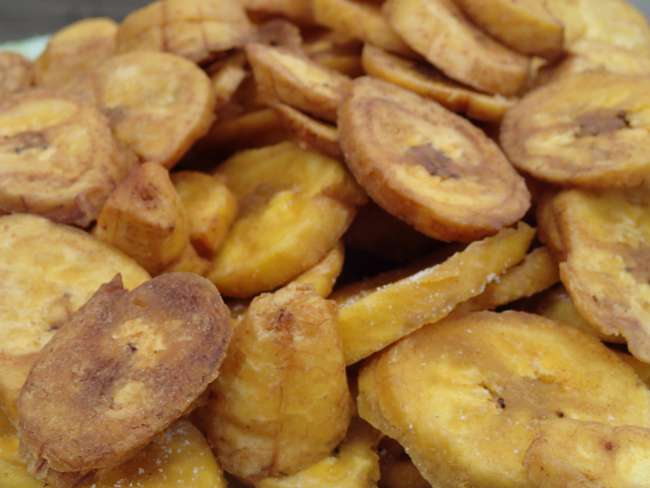
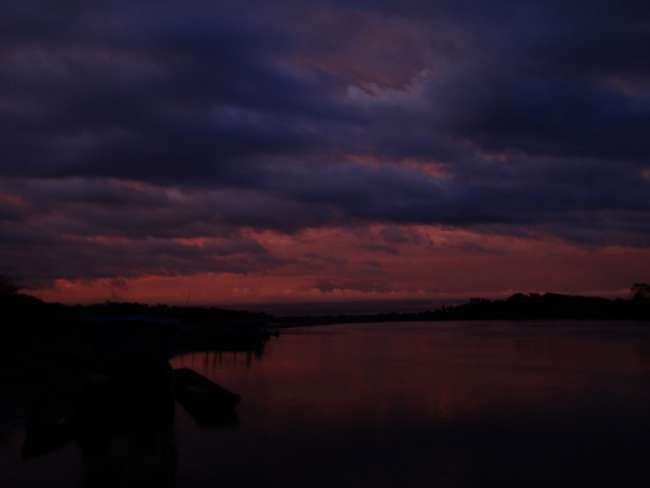
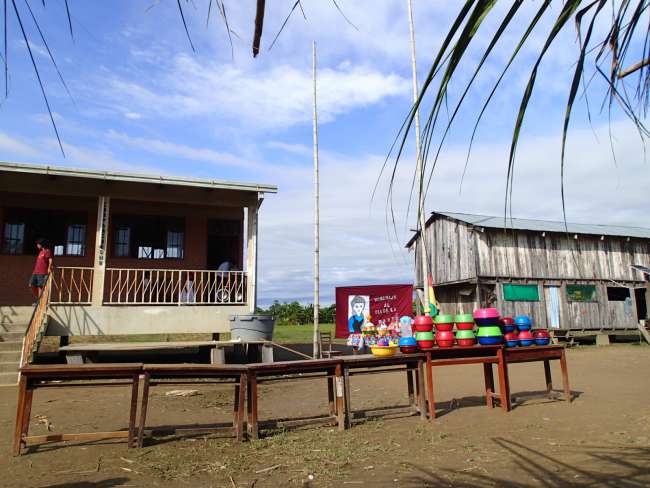
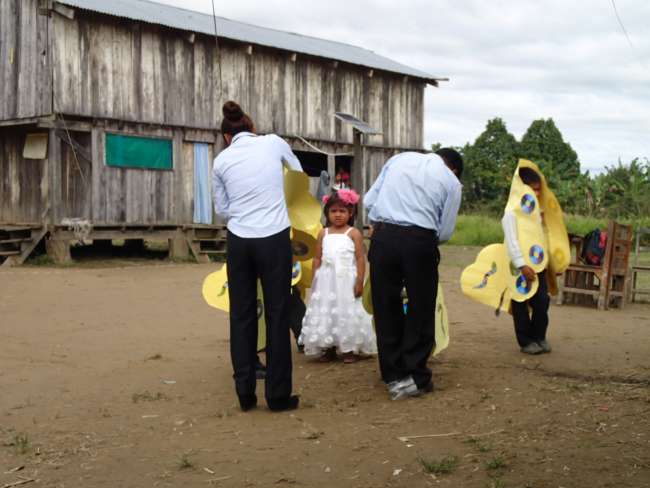
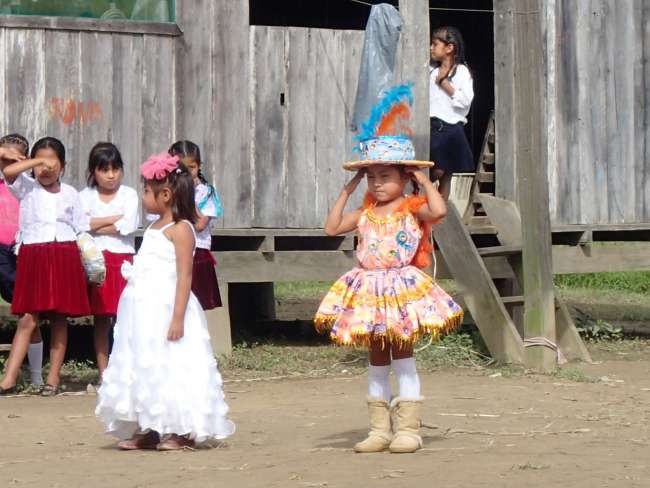
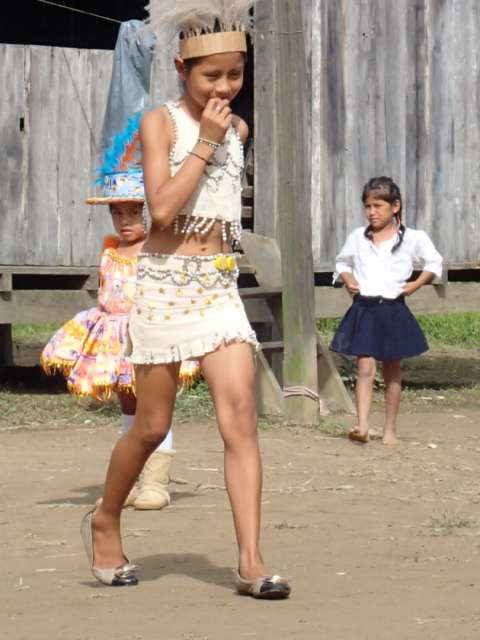
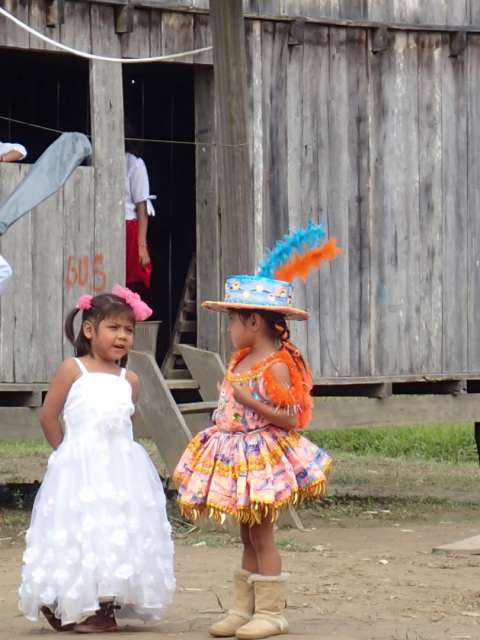
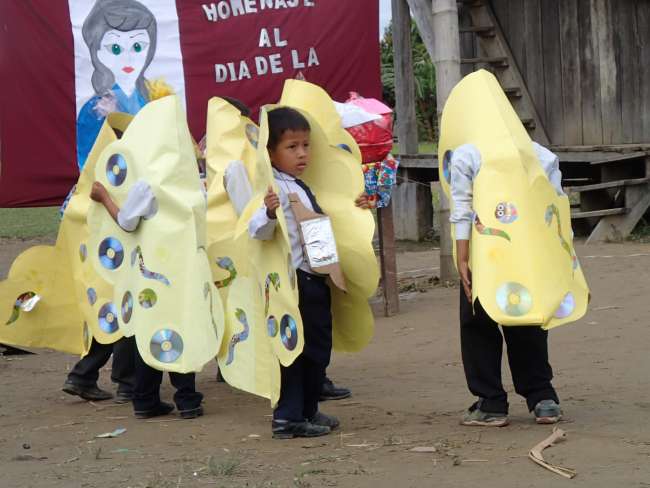
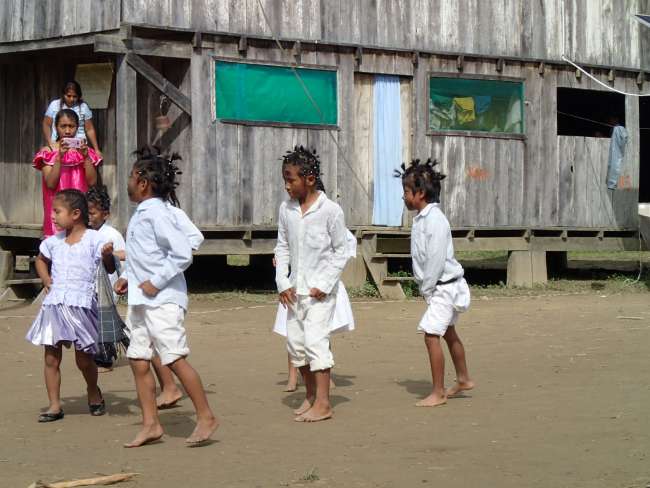
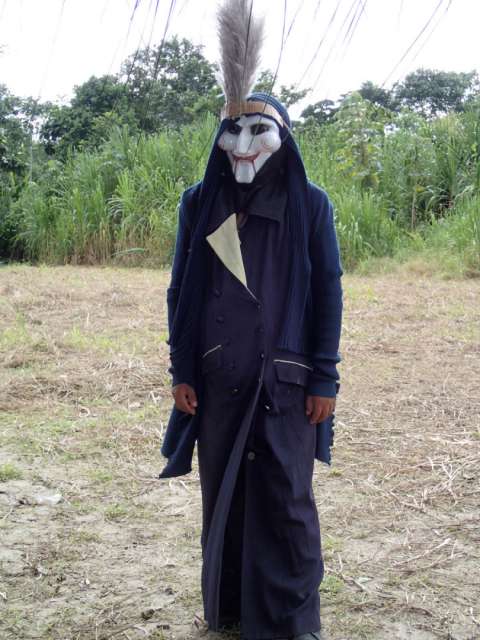
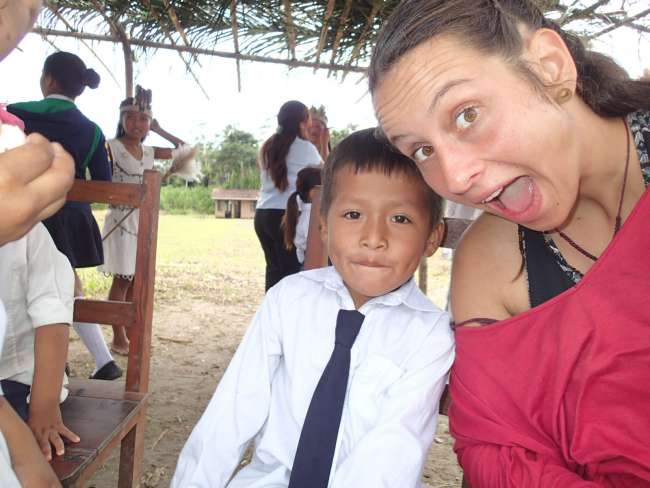
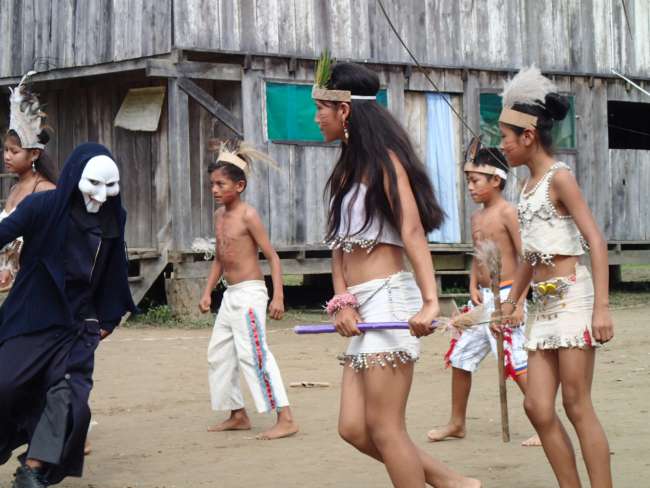
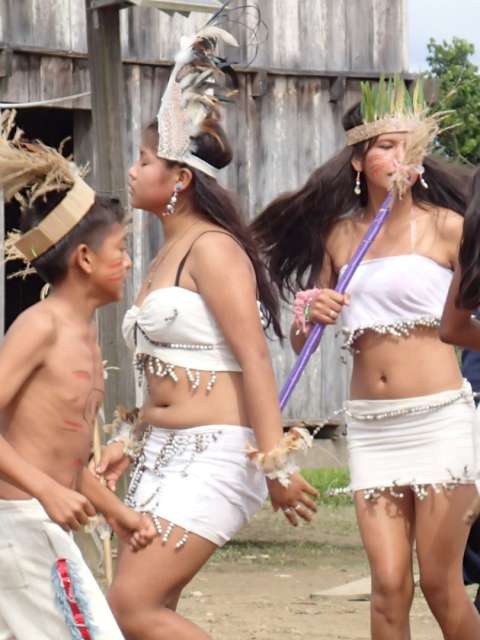
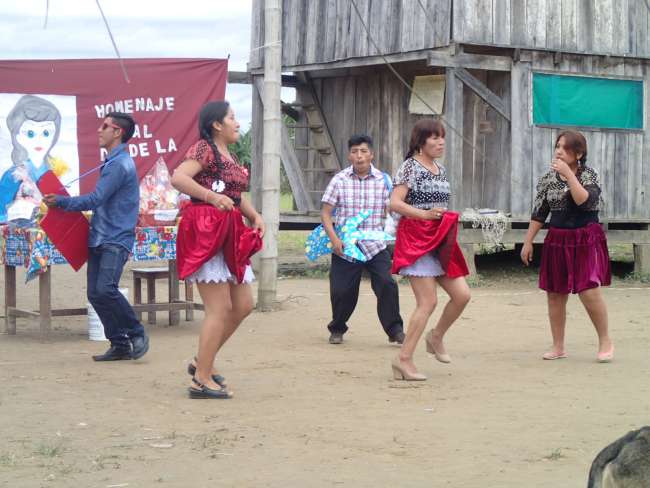
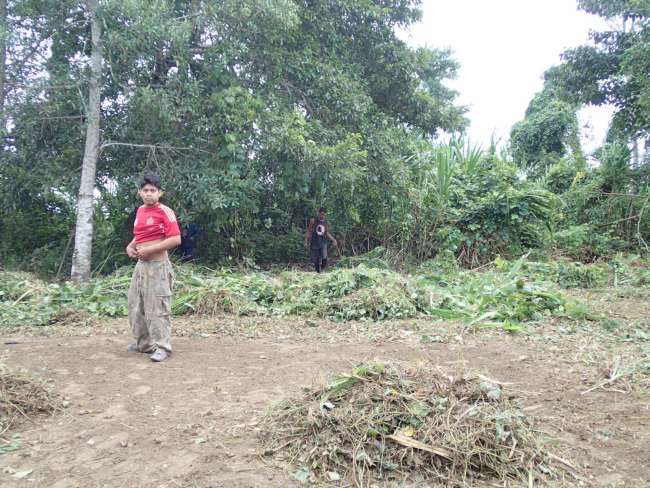
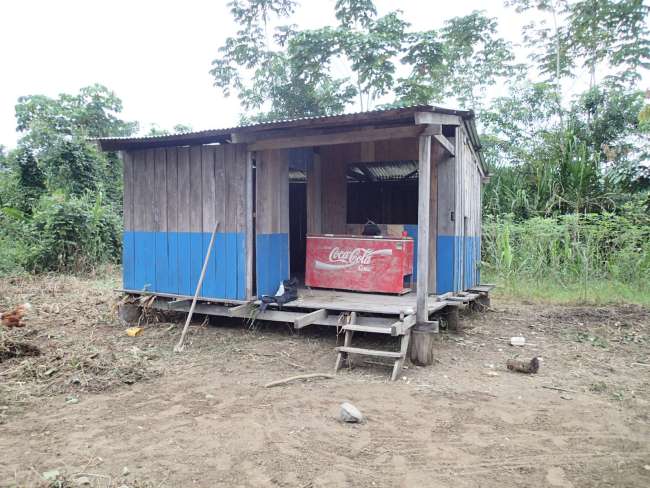
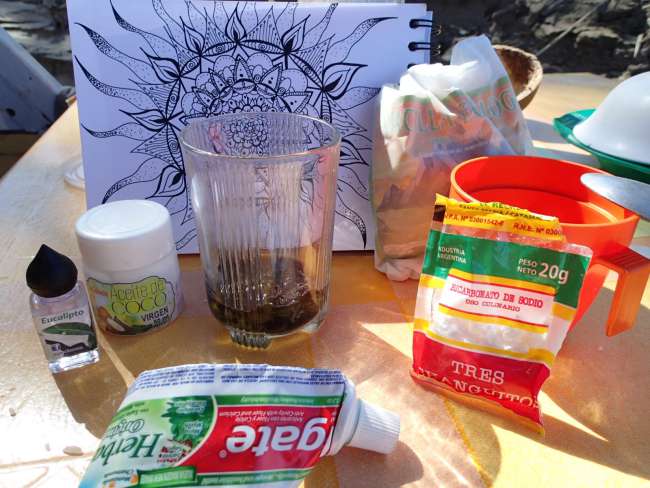
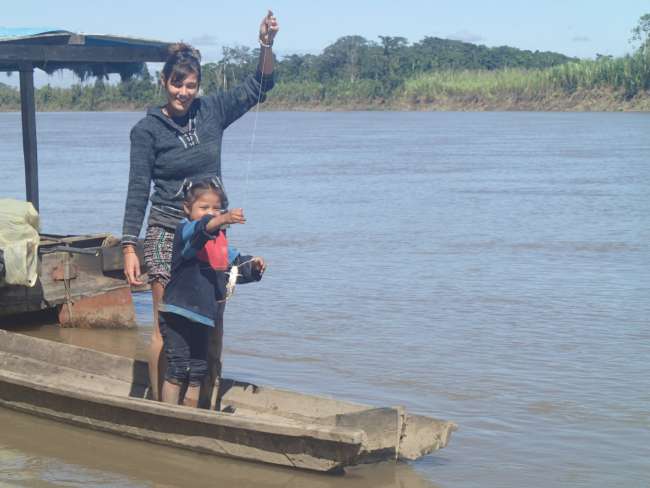
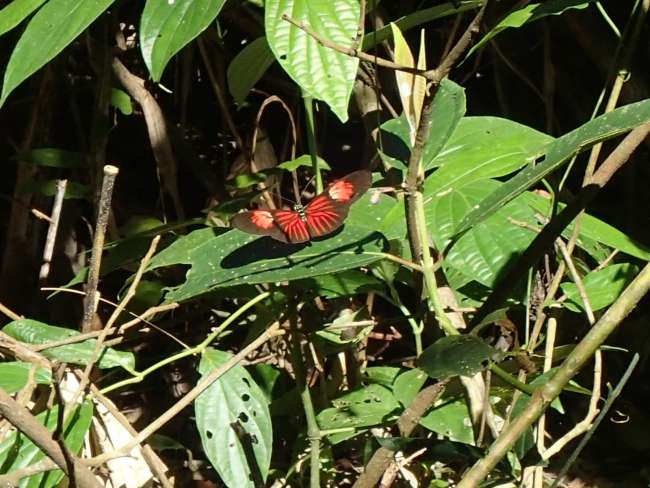
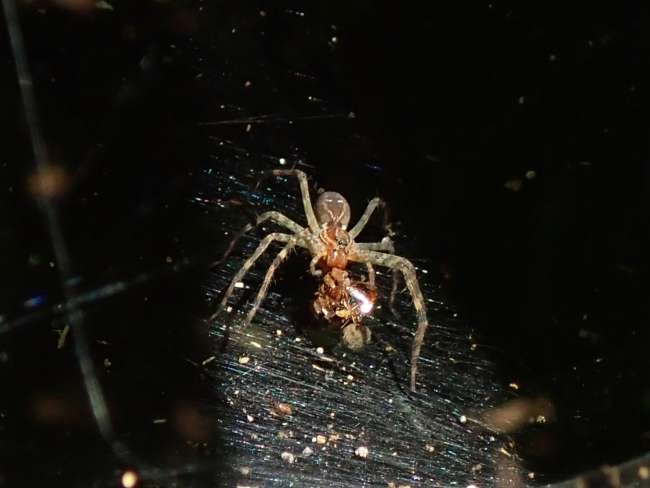
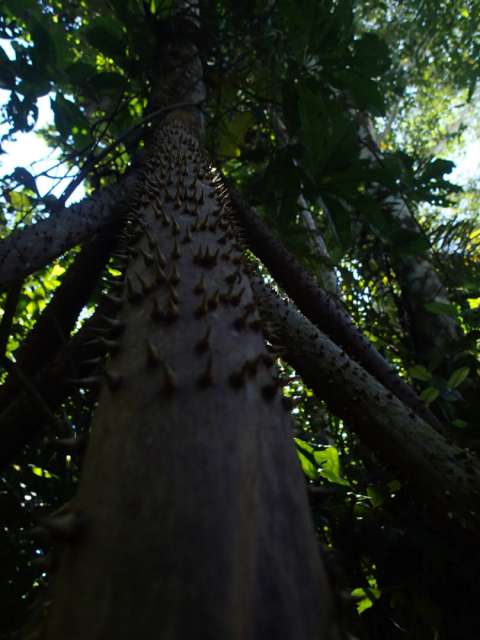
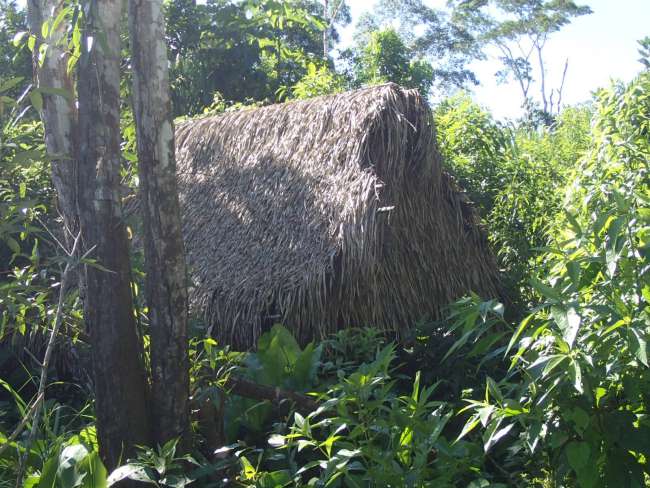
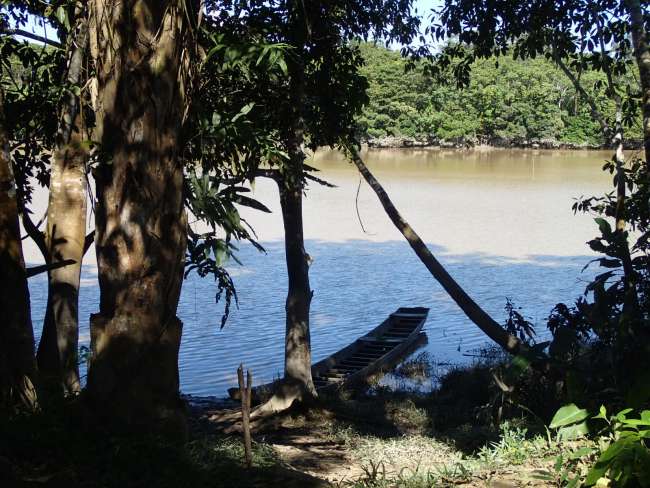
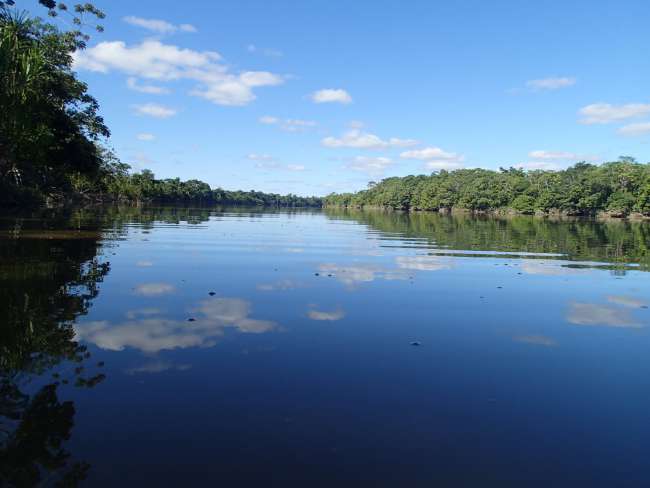
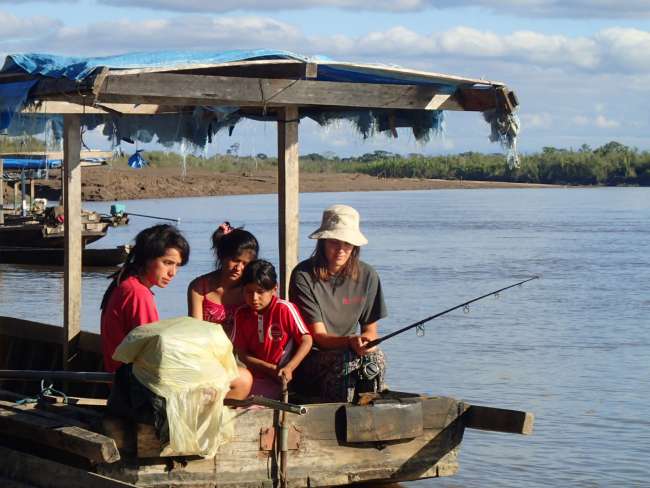
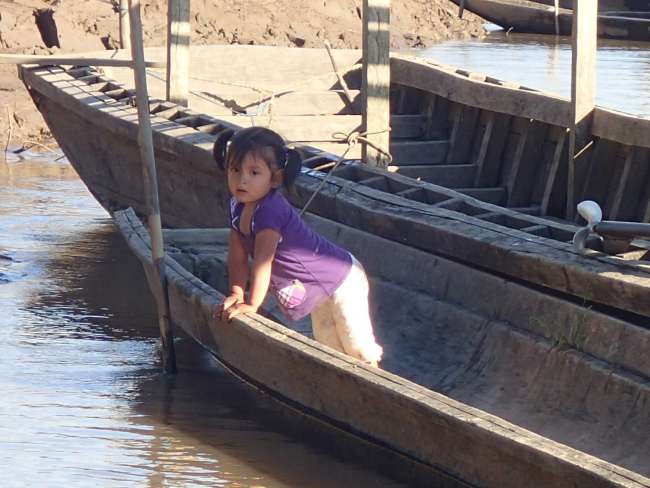
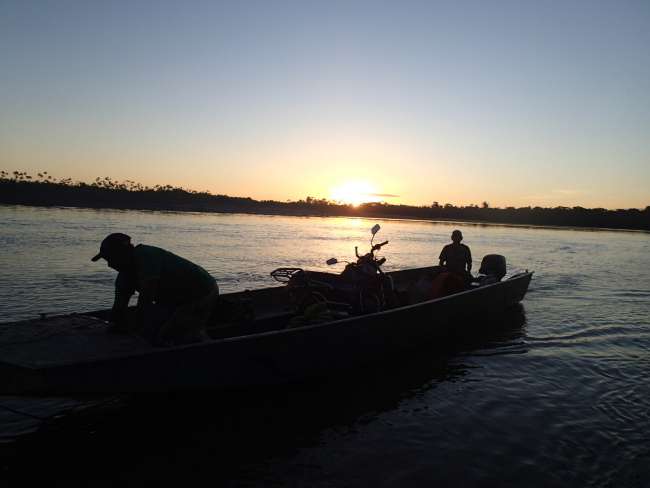
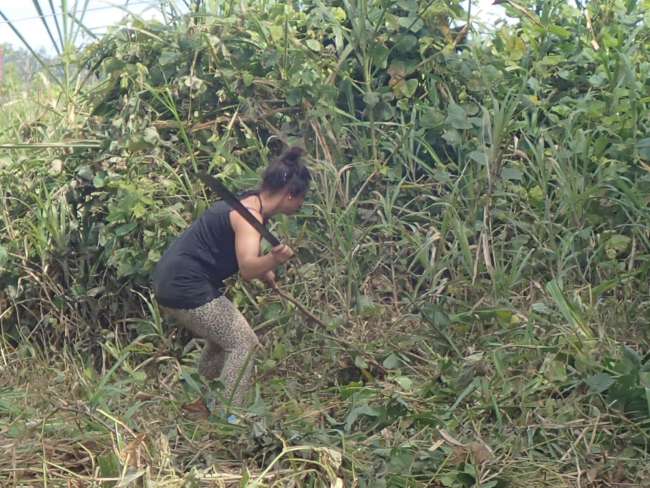
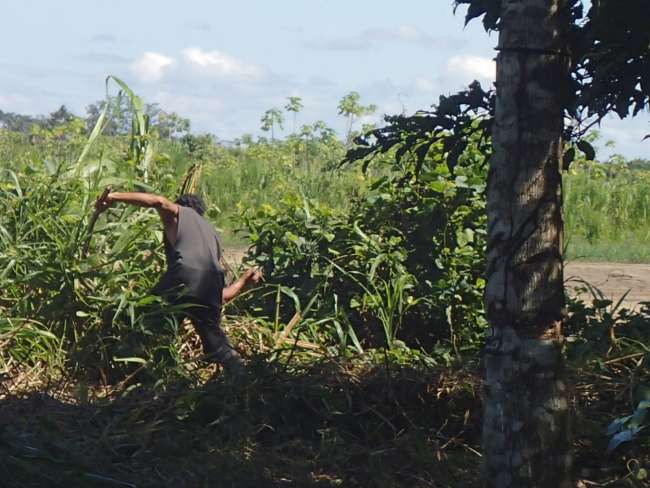
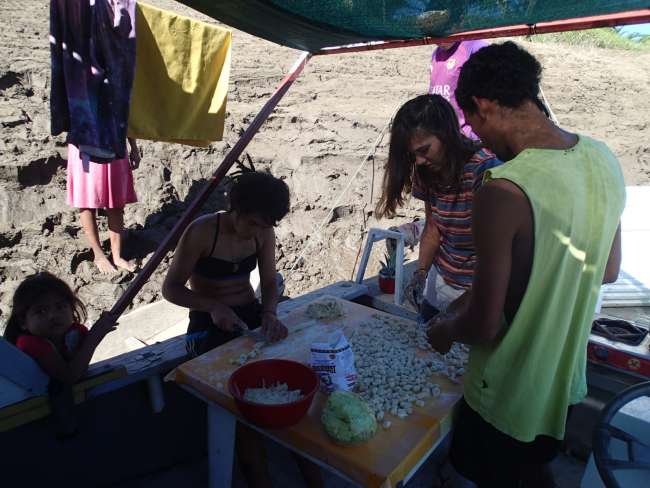
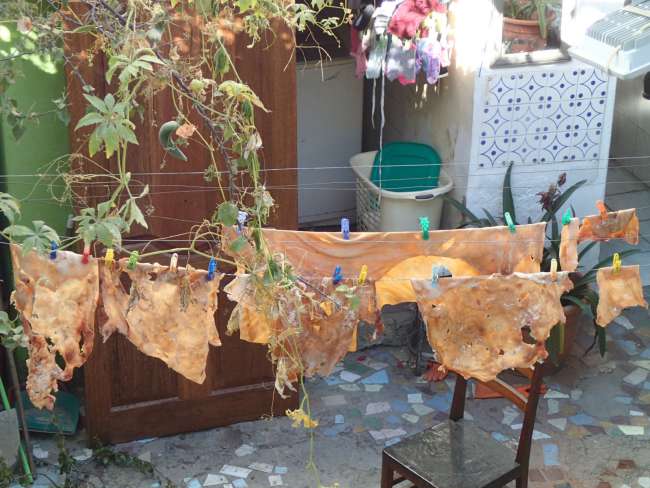
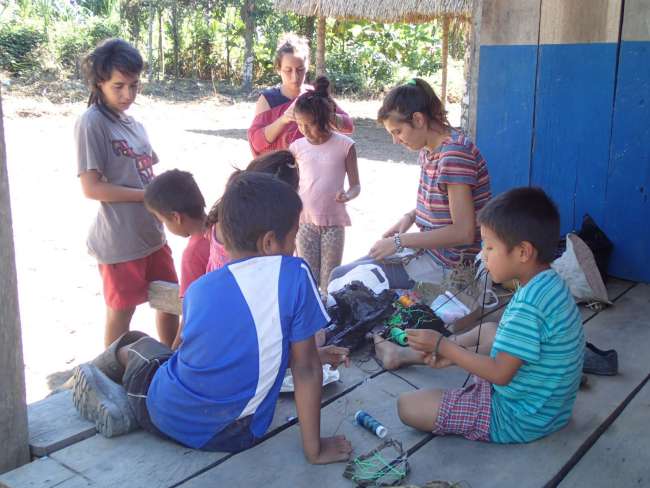
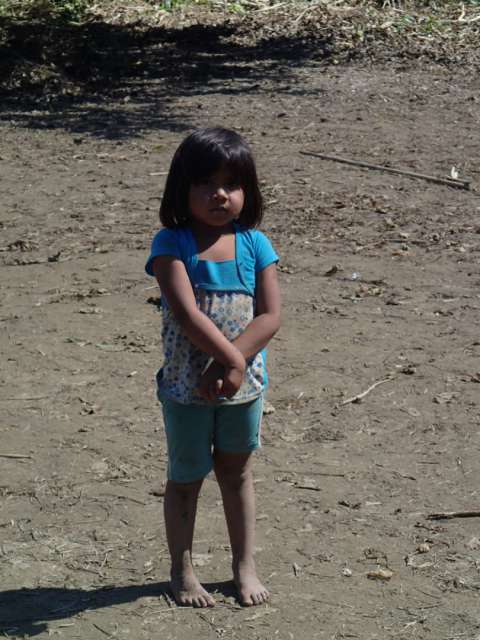
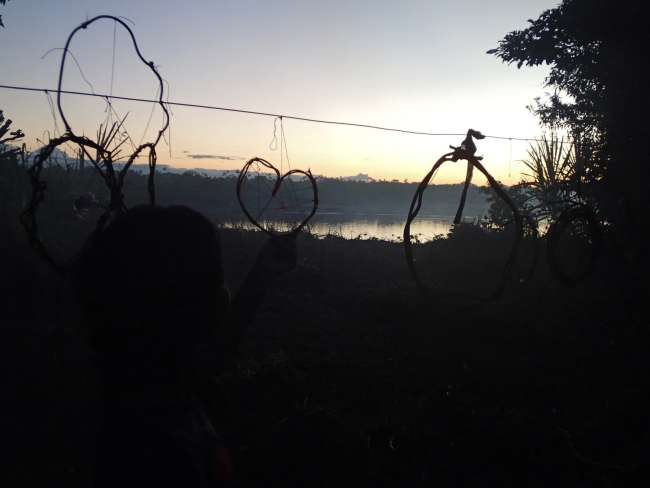
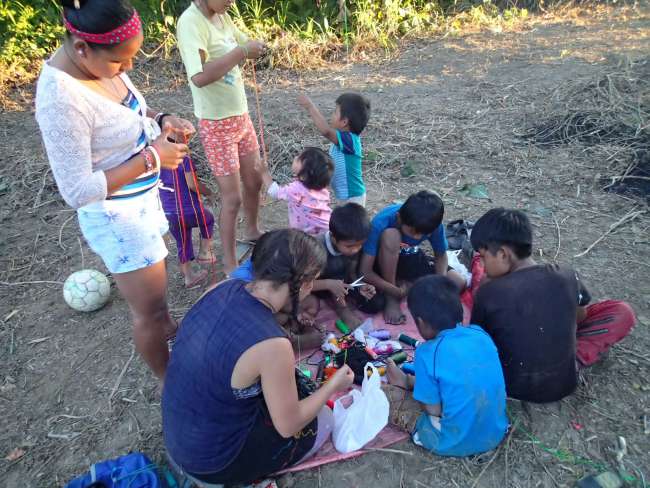
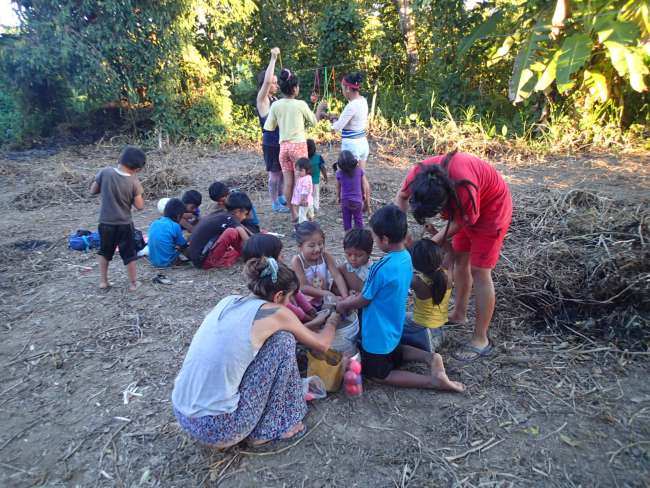
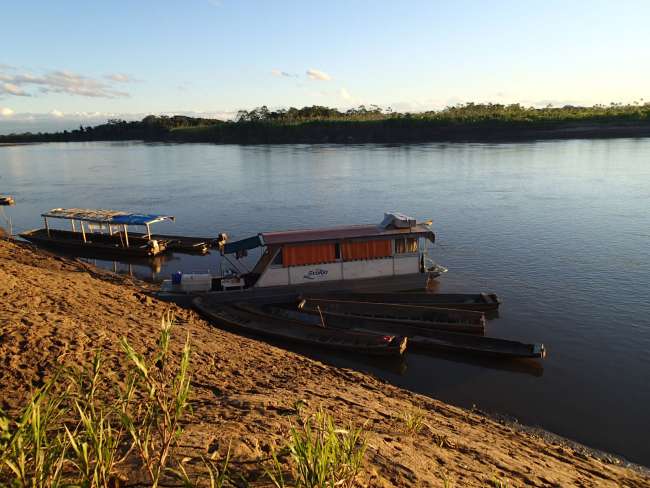
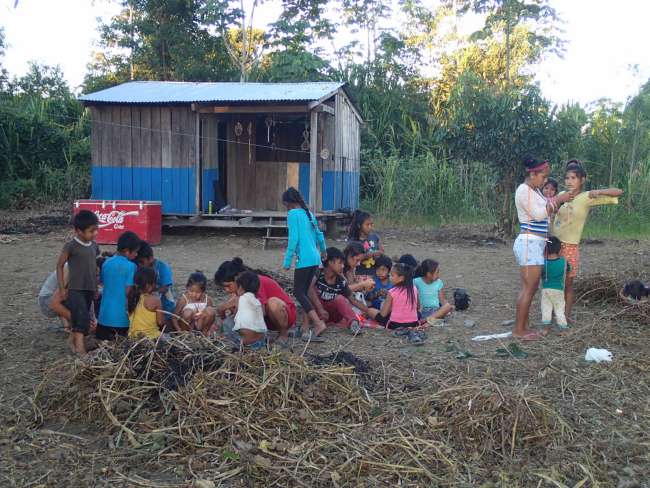
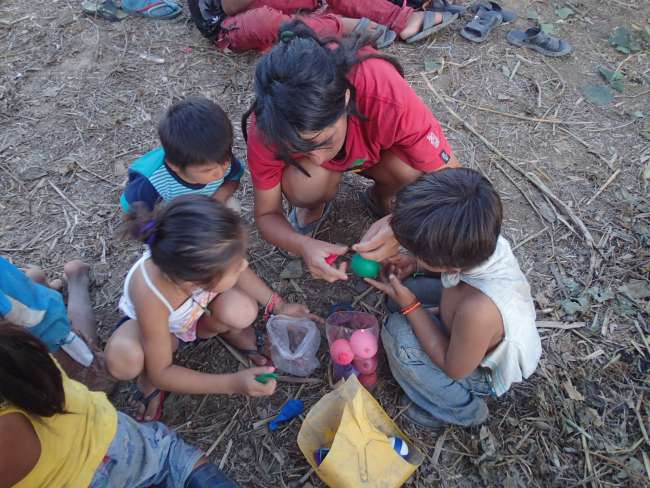
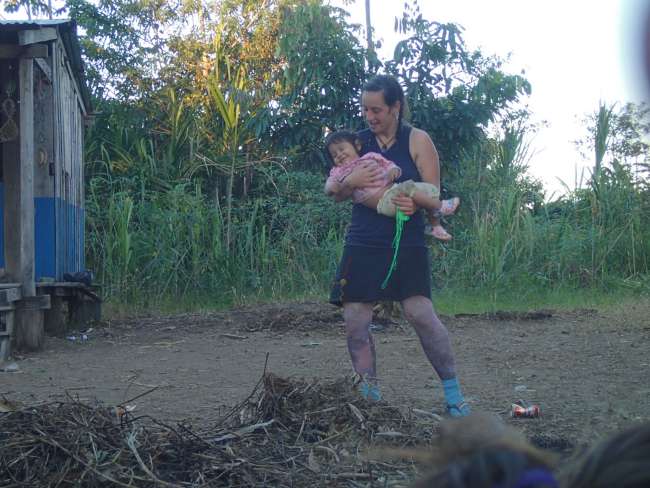
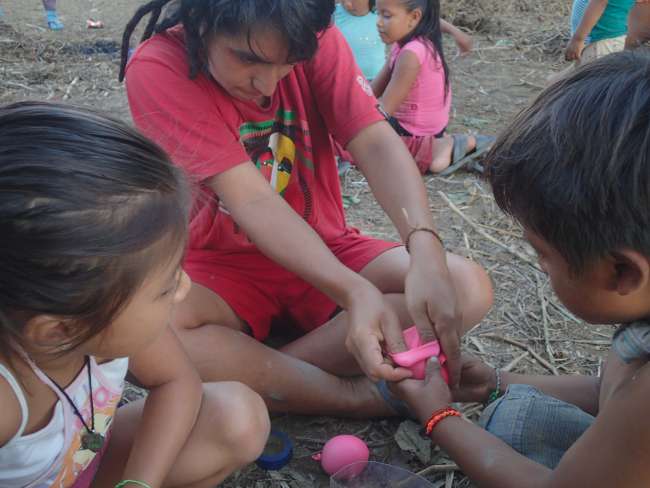
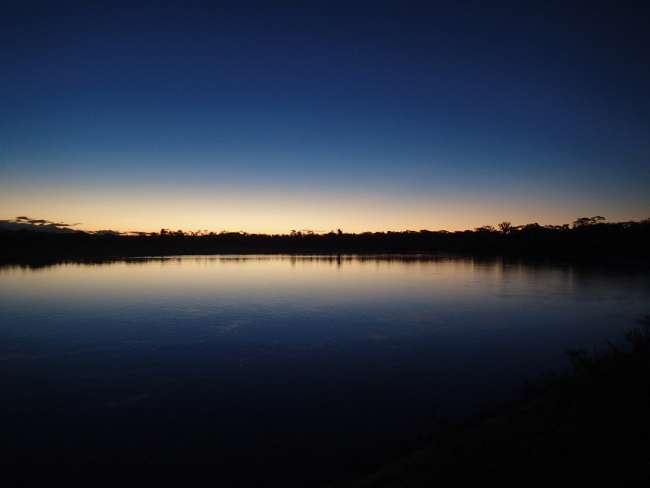
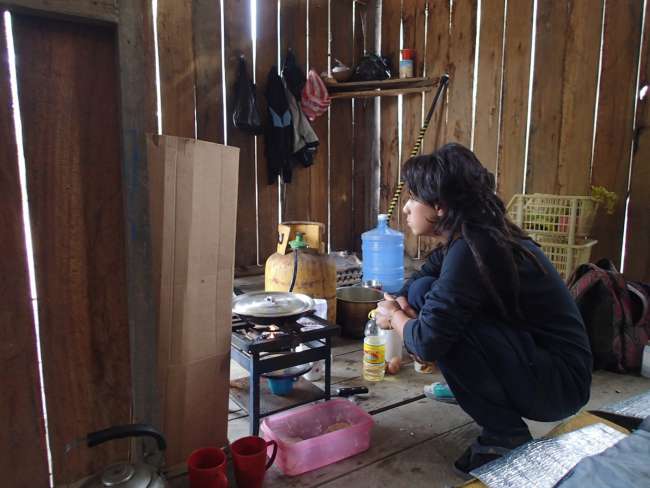
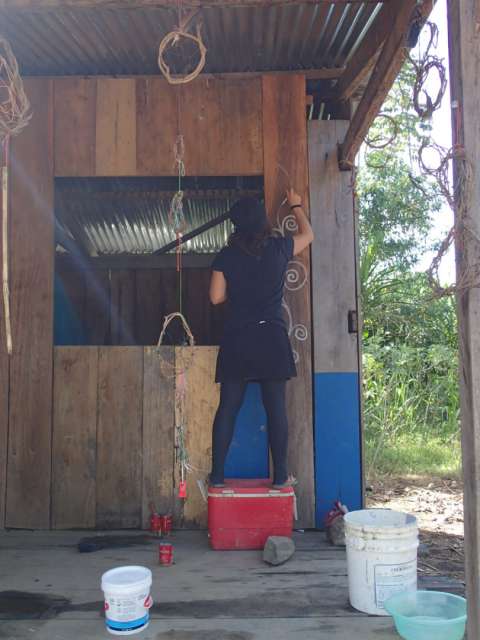
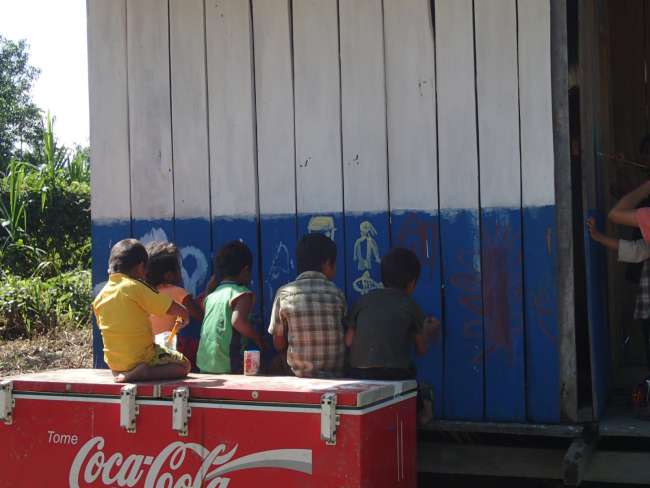
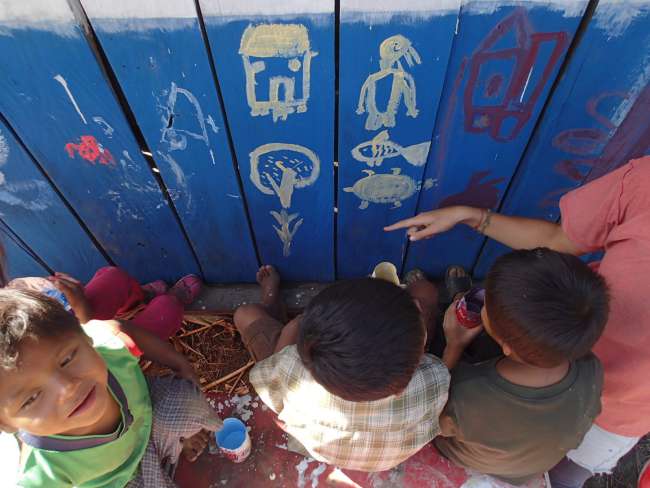
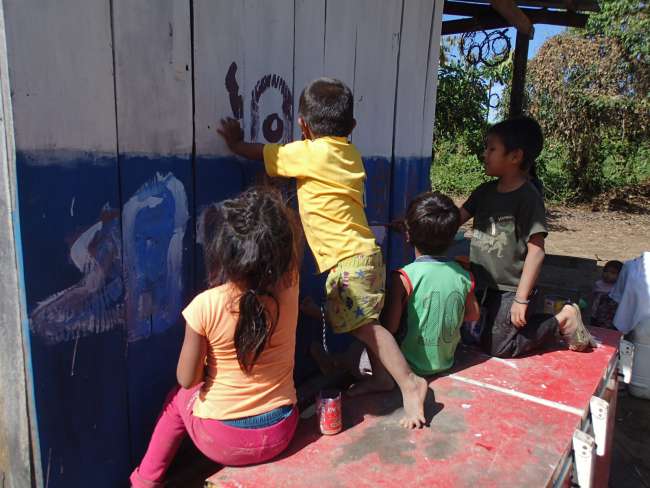
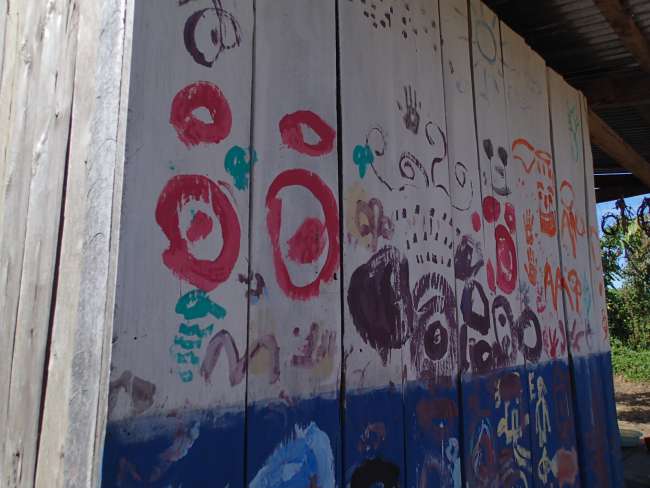
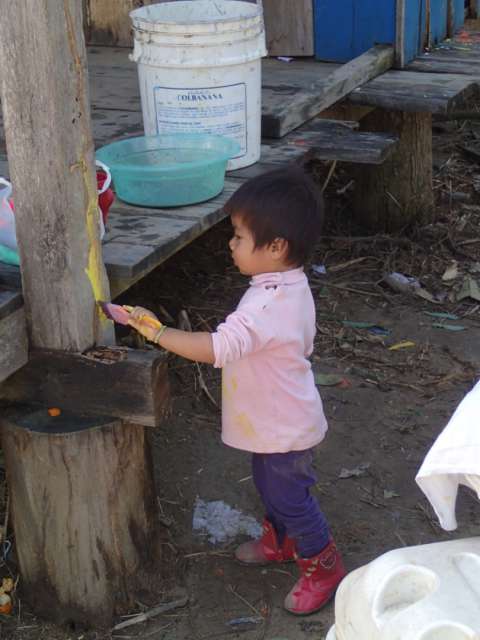
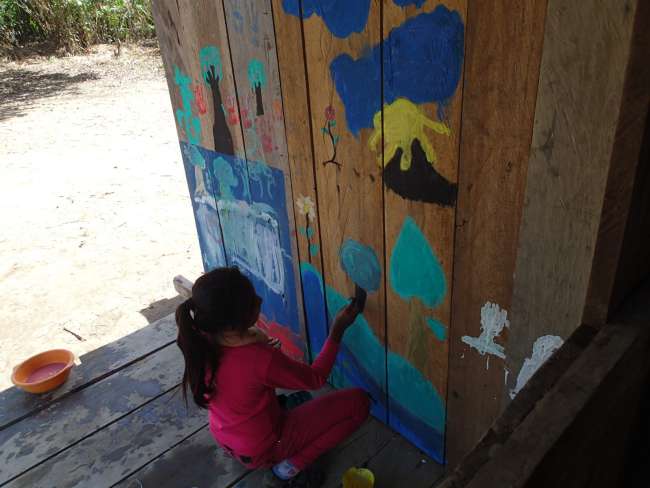
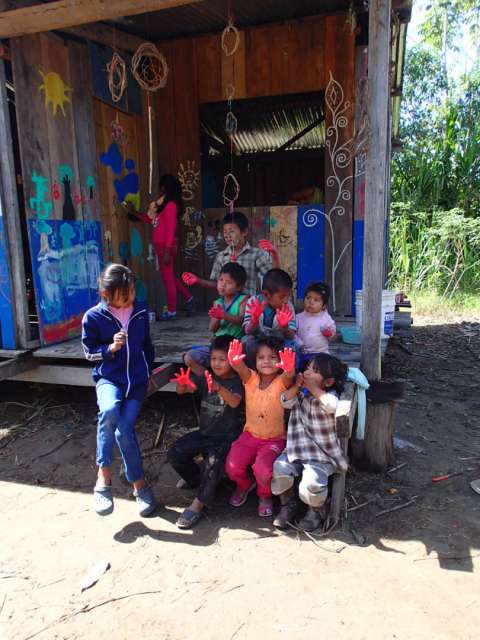
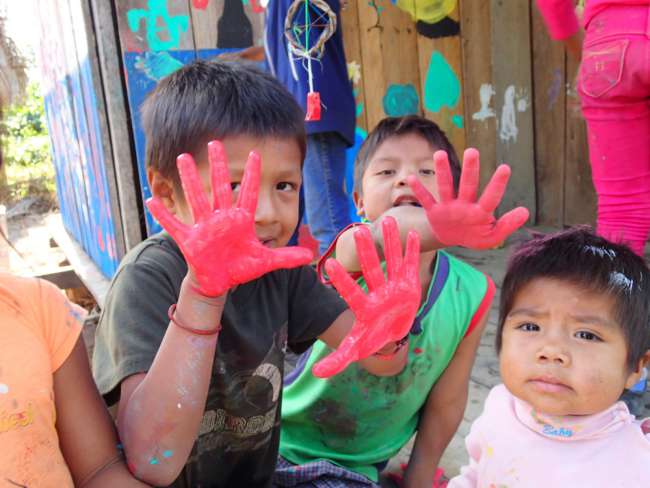
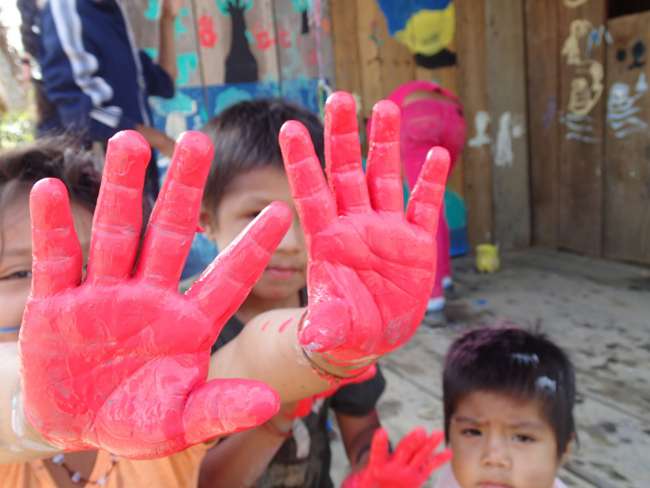
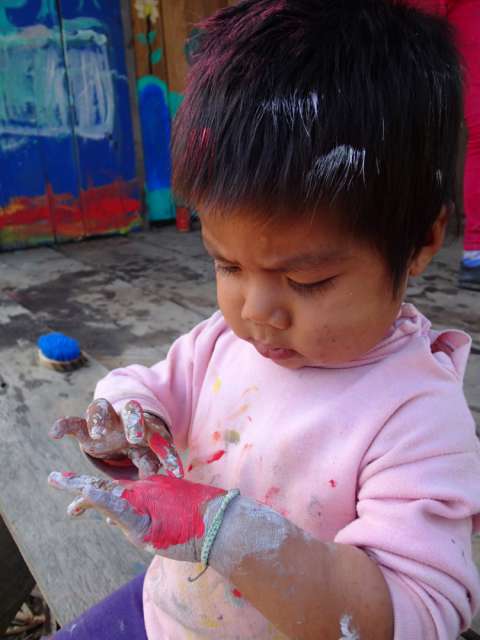
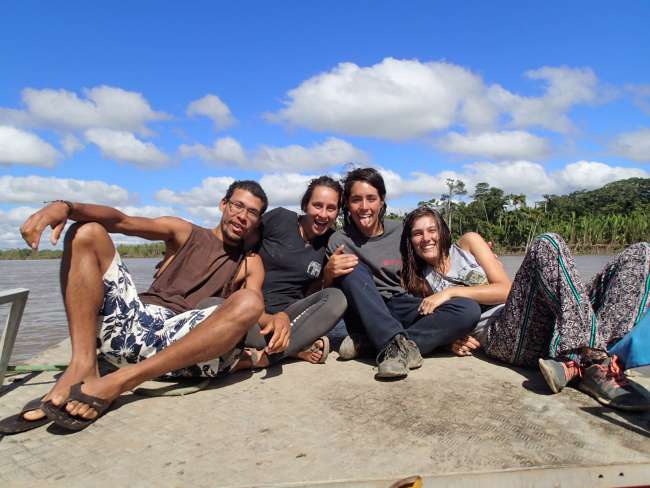
Odebírat novinky
We have landed in the jungle again, near Villa Tunari, to be more precise, on a boat in the 'Rio Ichilo' river.
A volunteer job, immersing ourselves in the life on a boat and getting to know an indigenous community called 'el pallar'. The first few days we spend in the port of Puerto Villaruel. Our main tasks are preparing vegetarian meals for the captain and cleaning the boat. It's mega cool, this is the life.
Our captain is really funny, he is a very educated man, a dreamer, a sailor, a music lover, a passionate fisherman, a history fanatic, a connoisseur of cultures, an enjoyer, a aspiring motivated vegetarian, a former navy chief (which unfortunately is hard to hide), all in all a very interesting gentleman with whom we will spend the next few weeks.
Two girls from Argentina are also on board with us. We buy all the supplies for the next 10 days and off we go on the river. With a wonderful view and music, we float downstream until we reach the port of 'el pallar'. Interested looks meet us. We visit the community for the first time. It feels a bit strange, as we are all being looked at and looked at by everyone. The captain is known here and people are happy about his visit. We go to the head of the community, Jhonny, he is somewhat like the mayor here. He has a very strict look, as if he were missing an eye. The whole family is gathered in front of the house. About 10 children, which is normal here, the grandma, aunts, uncles, and siblings - somehow everyone is related here. Everything is still unfamiliar and we realize that we need some time to adjust. So, we get on the boat, where we cook and chill. 'todo tranquillo'!
Our days are a bit unstructured, we don't really know our tasks yet and everything changes within minutes when you live with the captain. However, we play with the children every afternoon and the adults also approach us. One evening, we do a small fire show for the people here, which everyone enjoys. We also visit the school from time to time, it's amazing that it can even be called a school.
On 'dia de la madre' (27.5, Mother's Day) there is a big celebration. Each family prepares a 'chicha de yuca' (an alcoholic drink made from Yuca) in their house, which are then combined. In the end, there are 200 liters of chicha.
The night before, there is a theater performance by the young people, which is terrible. It mainly revolves around sex and violence. The big influence of these themes is 'reagaton', the only music genre that interests the children. The teachers also give a little dance performance and Ruben and I play with fire.
We drink chicha and dance. The next morning, there are dances, poems, and games, a communal meal, and everything a mother's heart desires :-)
We enjoy celebrating and sharing with the community.
We now live together with the girls on the boat, cook delicious food every day, and the children are always around, asking us when we will play with them, they cook with us and of course they also fish. When it comes to taking out the caught fish, we struggle a bit, but here the kids can do almost everything and Rosemaire, the little 6-year-old, takes the fish and the knife, cuts it open, and explains to us how it's done ;-)
In addition to fish, we also fry bananas (green cooking bananas/ you have to know that there are more than 100 different types of bananas) yes, these banana chips are called 'Chipilos' and we make them almost every day.
Together with the girls, we also clean up the volunteer house from the jungle. No one has lived here for several months and the forest takes everything back faster than you would think. The house is full of termite mounds and everything grows haphazardly and quite tall all around. Armed with machetes, we get to work and cut everything down to the ground. Here in the jungle, you have to keep your house free of 'monte' or unpleasant guests will visit you. While we were working with the machete, I accidentally hit a huge frog that I had to kill :-( Ruben hit a plant and was attacked by wasps, but he got away with 4 stings. Eve stepped into an anthill and quickly had to free her shoes and socks to get rid of the many biting creatures. When we cut through the roots with the machete, we encountered a smaller bright red snake, which Erwin decapitated faster than we could see. 'Coral', it was poisonous and it still moved for about half an hour even without a head. Yes, that's how we learned what to do when encountering a snake.
So we cleaned the house and in about 4 days we were done and could play with the children on our newly cleaned property. We made bracelets, created beautiful dream catchers, played tag and chase games, fished, and one day we painted the whole house in bright colors. The painting excited the children, even the youngest ones came and were fully engaged at just one year old. Mothers also came and painted, as well as the teenagers from the village. It was very nice to see how joyfully the children painted and the best part was that it didn't matter if you got paint on yourself because you would shower later anyway ;-)
A rather unpleasant part of being with the children was that materials here are something unusual for them and we were constantly robbed. The children secretly unwound strings, stole strings that we placed for hanging, yes, we had an important message to announce every day.
We were also invited to eat here several times. Luis hunted various animals and we got to enjoy 'Havalie' (wild boar) and 'tejon', prepared by his wife on the fire. Luis' family consists of Amiel 6, Jeseian 4, Jessica 1, Carmen Sopfie 2 weeks old, and his deaf wife Grecia. They live in two small huts. One is for cooking and eating, the other is for sleeping. When we were invited to eat, we sat on two small benches, but the children and the mother sat on the floor. It was dark, a small light bulb was hanging, and the fire glowed in a corner where they cooked. This is how Luis and his family live, as do all the others in the community, very simply and visibly happy. Most families here make a living from selling wood and fishing. Almost every family cultivates their 'chaco' (field) where mainly yucca and bananas are grown for their own consumption. They also keep chickens to eat their eggs, and on very special days, a chicken may be killed and eaten. To go shopping, a boat always goes to Villaruel, where people buy groceries like sugar, salt, or flour. One of the women bakes a cake almost every other day, which we had the pleasure of tasting and bought a tasty afternoon snack for 1 Boliviano. So, we gradually integrated into the community and the people here became our friends.
We learned something new here in 'el pallar' every day, especially from the children. We saw all kinds of animals like crocodiles, parrots in different colors, snakes, millions of mosquitoes, butterflies, armadillos, and yes, some of them are also just regular pets here. We shared with the people here and learned a thing or two about the Yurakare culture.
The somewhat unpleasant part of this area is the cultivation of coca leaves, which are processed into cocaine. Bolivia's (illegal) main economic sector is cocaine production. The cultivation of coca leaves is causing the habitat of the communities to shrink more and more. The worst part in my opinion is that very toxic components are used to produce cocaine and especially the children here are involved in processing them.
This is one of the sad sides of Bolivia, but it is interesting to get to know it!
After about 4 weeks, we said goodbye to 'el pallar' and its warm-hearted residents, which was very difficult for us, and continued our journey south... Oruro, a city in the heart of the Altiplano, is our next destination.
Thanks to the community and to 'Capi' for allowing us to have these unique experiences and for giving us unforgettable moments :-)
Odebírat novinky
Odpovědět
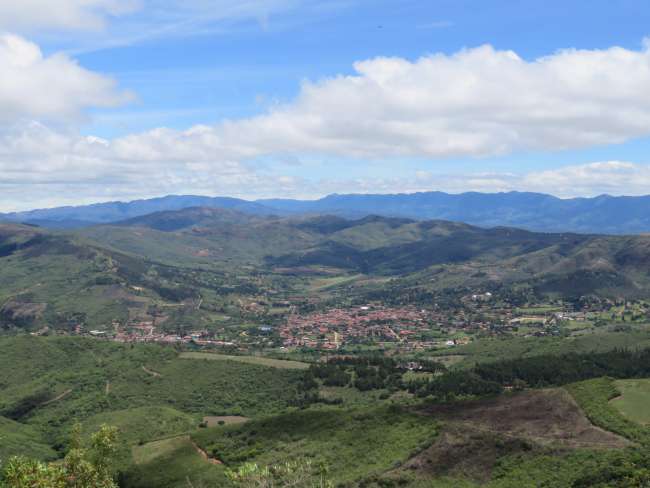
Cestovní přehledy Bolívie
